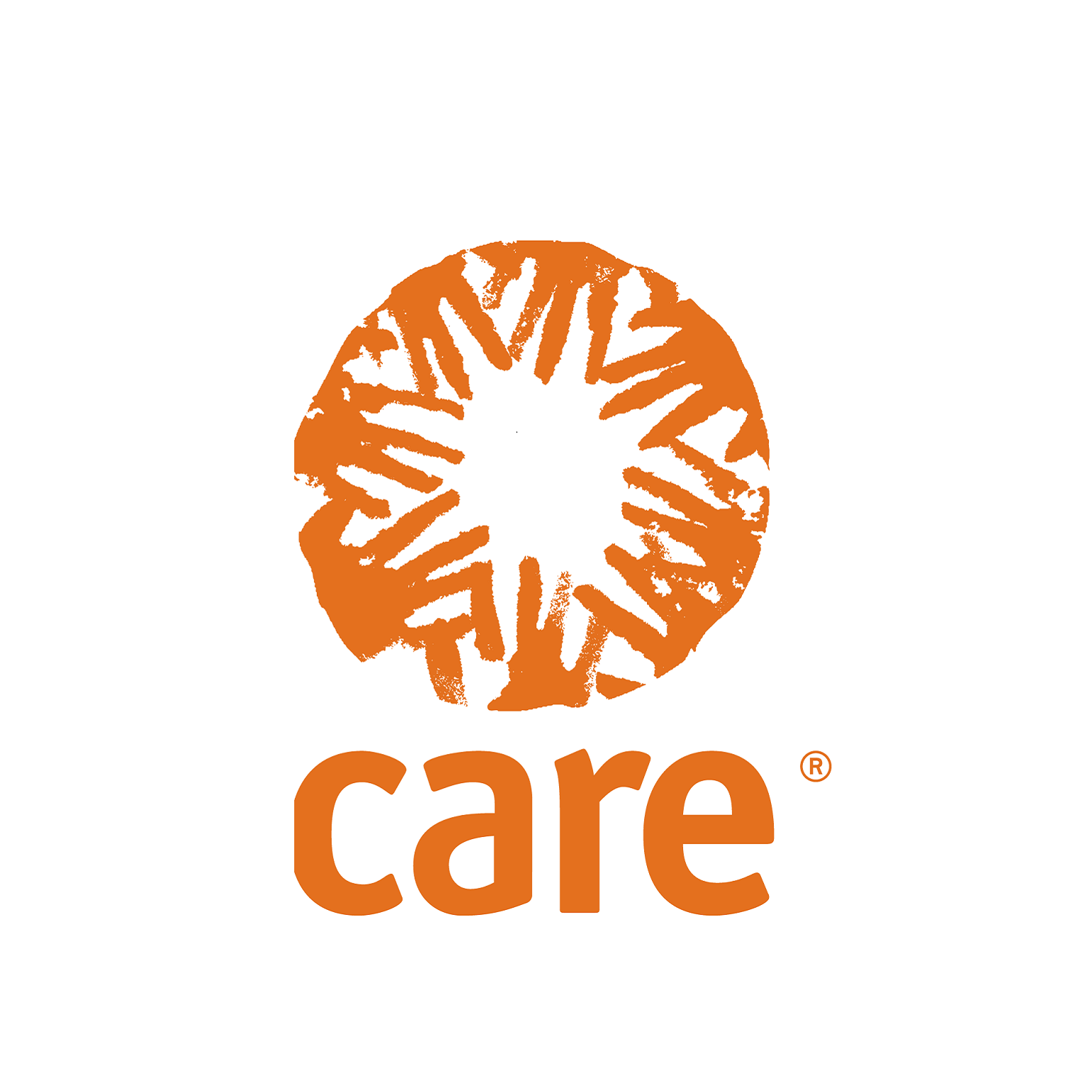Episodes
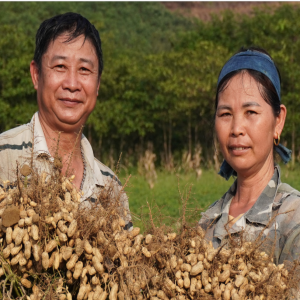
Tuesday Nov 12, 2024
Beyond Money
Tuesday Nov 12, 2024
Tuesday Nov 12, 2024
"If you've already built an elevator to the first floor, why not take it all the way to the top?" Vidhya Sriram talks about the journey of savings groups (also called VSLAs) at CARE, and what it took to think not just about scale, but also about the biggest benefits to women. VSLAs do build savings and income, but they can also do so much more. She talks about understanding what women themselves aspire to, not what we aspire for her. She also talks how savings groups can be a platform for women to build economies, change the support women get from the people around them, and thinking about building not just savings, but also equality that benefits the whole community. Check out the report here.
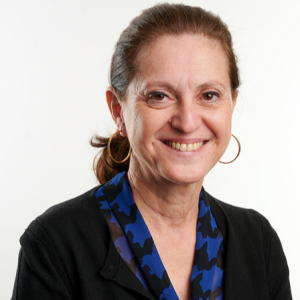
Tuesday Oct 01, 2024
Nothing to Lose: Garment Factories in Alexandria
Tuesday Oct 01, 2024
Tuesday Oct 01, 2024
What happens when you don't see the results you hoped for in your project? If you're Dr. Nahla Abdel-Tawab from Population Council, you publish your results, learn from them, and try again. Some of the biggest barriers they faced were: assuming that private sector health solutions were the answer, asking workers the wrong questions about what they needed, and not understanding the context that garment factory workers in Egypt deal with when trying to access health care. Great examples of learning, admitting that it didn't work, and finding a better way to get results. You can see more about the project here.
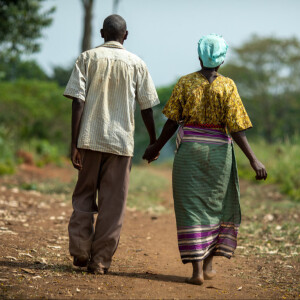
Tuesday Sep 17, 2024
Thrive
Tuesday Sep 17, 2024
Tuesday Sep 17, 2024
What does it take for people and the planet to thrive? We have to show up. C.D. Glin, President, PepsiCo Foundation and Global Head of Social Impact, PepsiCo. After decades in social impact, government, and philanthropy, C.D. talks about some of his earliest lessons as a Peace Corps Volunteer in the new South Africa, and the inspiration of Nelson Mandela’s quote, “I never lose. I either win or learn.” Appreciative inquiry, meeting people where they are, and knowing you don’t have all the answers or some of the key lessons.
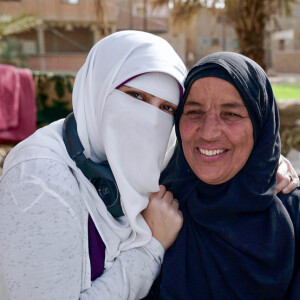
Tuesday Sep 03, 2024
Failing By Default
Tuesday Sep 03, 2024
Tuesday Sep 03, 2024
What happens if we stick with business as usual? We fail by default. C.D. Glin, President, PepsiCo Foundation and Global Head of Social Impact, PepsiCo, Inc talks about food systems are failing women, and what companies can do to correct for that. Thinking with a whole of company approach, beyond just philanthropy, is critical. Companies have to use their profits, their products, their procurement, their people, and their markets if we’re going to achieve #zerohunger. He talks about how COVID-19 was a wake up call to the visceral challenges in the global food system—like climate change and inequality—and how to turn a moment into momentum. He also talks about how projects like She Feeds the World can help address these challenges.
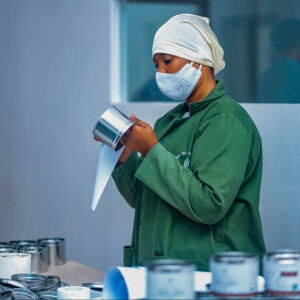
Tuesday Aug 27, 2024
What the market wants
Tuesday Aug 27, 2024
Tuesday Aug 27, 2024
Tahira Nizari and Barnabas Mtelevu talk about what it took to overcome the challenges in the tea sector in Tanzania, and how assuming that smallholder women farmers could immediately join a global supply chain demanded new partnerships and new plans. How do you grow from an individual farmer to a business? Don't assume it will happen automatically. Just because you're a businesses doesn't mean it will work. On the other hand, you can't assume a development project is set up to meet market needs. A demonstration factory, joint ownership with women farmers, and getting global investment were part of the key in shifting to a more business mindset in the partnership between CARE and Kazi Yetu. It led to a 17% increase in tea prices and an 83% ROI. Learn more about how they did it here.
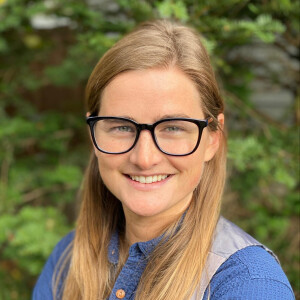
Tuesday Jul 30, 2024
Scary Conversations
Tuesday Jul 30, 2024
Tuesday Jul 30, 2024
What happens when your consultation processes go off the rails? Lauren Beriont from The Emgergence Collective talks about how a lot of our feedback and co-creation processes face three major problems:
1) They assume a trust that does not exist between different stakeholders
2) They are centering the wrong actor--the donor or the most powerful group in the process--instead of focusing on the impact the world needs to see.
3) They are looking to validate a plan that is already in place (but maybe not on paper yet), not create a new plan
How do we fix that? Have scary conversations. Talk about what's not working, what assumptions people holding, and tackle real power dynamics. Look at what impact donors expect, vs. the kind of impact people are actually seeing happen.
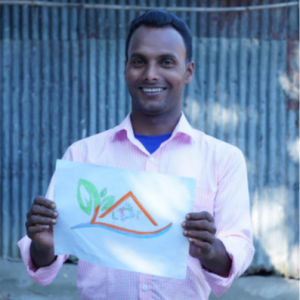
Monday Jul 01, 2024
What's in a Logo?
Monday Jul 01, 2024
Monday Jul 01, 2024
What's in a logo, and why does localization need to include participant-led logo design? Zinat Ara Afroze and Sairana Ahsan explore the logo competition to have frontline service providers design a logo for their own services. What did they learn? Only 9 people out of a potential 450 participated in the competition the first time around, and understanding why not, and what level of understanding it takes to draw a logo that sums up your job showcased how much more shared understanding there was to build. Zinat's recommendation for what you should do? Practice adaptive management and CLA. Check out their case study here.
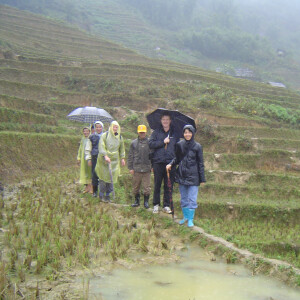
Thursday May 16, 2024
Learning from Humiliation, Shame, and Failure
Thursday May 16, 2024
Thursday May 16, 2024
Inspired by his recent blog post on From Poverty to Power, Duncan Green reflects on why it's important to learn from failure, and some of his own failure stories. "Think before you jump", and "be a reflectivist as well as an activist" are some of his key pieces of advice to people working in the sector. He's got stories about playing chess from the management bunker, evidence-based humility, and How Change Happens, the second edition paperback and Open Access that's coming out starting from August 16.
Want to hear more stories from Duncan and the change makers he works with? Listen to his podcast: GELI Stories podcasts
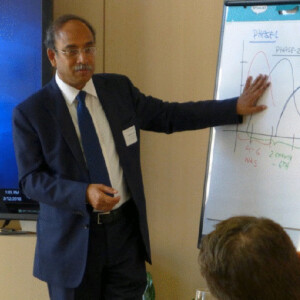
Tuesday May 07, 2024
A Fearless Climate
Tuesday May 07, 2024
Tuesday May 07, 2024
"I wish I had known that my biggest source of learning would be my field colleagues. ...I believed in textbooks." Dr. Muhammad Musa reflects on 41 years of work in international development. His two biggest lessons are: learn from your frontline staff, and tell stories with impact. Some lessons he learned in the decades are to build a fearless climate--a climate of trust, where staff at all levels can learn from failure, and can take time to reflect. He also notes that moving from a project to a movement--one that changes a system--is the best way to create change. Technical solutions are not the only (or even the best) way to get the job done.
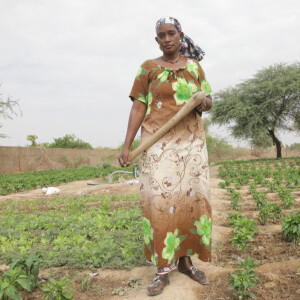
Monday Apr 22, 2024
Transforming Lives Amidst Growing Security Challenges in Mali
Monday Apr 22, 2024
Monday Apr 22, 2024
The Feed the Future Mali Sugu Yiriwa operates in the Delta Zone of Mali, aiming to strengthen the resilience of farming and business communities through market-driven, inclusive, nutrition-sensitive, and agriculture-driven economic growth. However, the complex nature of Mali’s political situation poses significant challenges to program implementation and participant outreach. In this episode of the Failing Forward Podcast, Laurore Antoine, Chief of Party for Sugu Yiriwa, shares valuable insights into how adaptive leadership, collaboration with local grassroots organizations, and strategic use of digital solutions, among other adaptive management approaches, have been instrumental in achieving program goals and positively impacting lives in Mali.
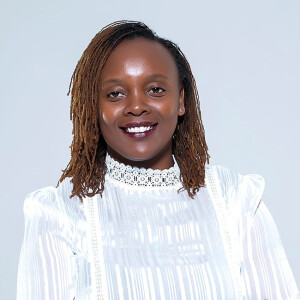
Tuesday Mar 26, 2024
Have I Solved the Problem: why innovation labs fail
Tuesday Mar 26, 2024
Tuesday Mar 26, 2024
Christabell Makokha talks about always anchoring innovation to the success metric: have I solved the problem? Instead of focusing on the process, focus on the problem, and whether or not people's lives are getting better. She reflects on why innovation labs fail (inspired by this article from ICTworks). What's going wrong?
- We define innovation as "the next new thing" rather than leveraging creative problem solving.
- We struggle to find the balance between stand-alone innovation work and innovation integrated with existing programming
- We measure the wrong things--too much process measurement, and not enough problem-solving.
- Our risk appetite is too low, and our timelines are too short.
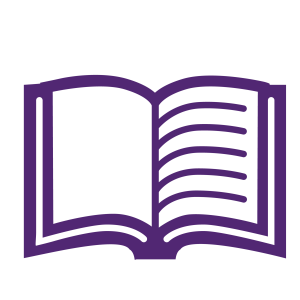
Tuesday Feb 27, 2024
Moving from publication to action
Tuesday Feb 27, 2024
Tuesday Feb 27, 2024
You’ve done the desk literature reviews, collected and conducted field studies, crafted and deployed surveys, analyzed the data, written up the results, and released your study findings. Is it having any real influence or impact? How do you know? Laura Kim and Michelle LeMeur of the Canopy Lab wrestled with these questions when they attempted to trace uptake by stakeholders of their studies on COVID-19 and the international development workforce: https://www.marketlinks.org/blogs/beyond-downloads-views-and-likes-how-do-you-know-your-research-having-impact
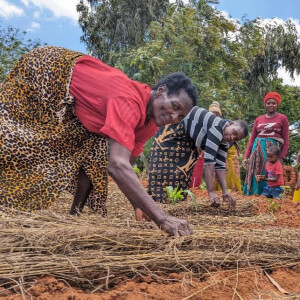
Tuesday Jan 30, 2024
Start at the roots: how to turn around failure
Tuesday Jan 30, 2024
Tuesday Jan 30, 2024
Titukulane's progress was achieved by addressing the failures it faced in the years leading up to 2023. When the program was first implemented, the COVID-19 pandemic swept the world, making it extremely difficult to implement field-level activities. However, Titukulane was able to turn around its failures by starting from the roots and addressing every aspect of the program. They focused on team building and cross-functional teamwork, built the capacity of the M&E teams, made field engagement a regular task for everyone involved, and engaged participants in multiple activities to diversify their income while keeping sustainability in mind. This was no small feat. Listen to Daniel Abbott, the Chief of Party of Titukulane, as he speaks about how closely he worked with the team to address every detail and achieve where Titukulane stands today.
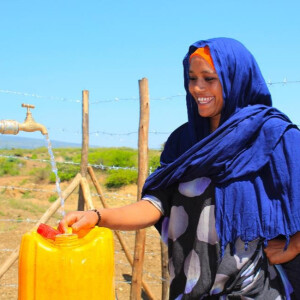
Wednesday Jan 17, 2024
Notes from a Failure Summit
Wednesday Jan 17, 2024
Wednesday Jan 17, 2024
Maria Alemu and Gregory Makabila talk about the Ifaa project's Failure Summit, and what it took to create a culture where failure spurred reflection, learning and action. Lessons from Saint Yared, a learning from failure roadmap, pre-mortem exercises, and the 5 Whys of Failure were all key tools that helped the team learn, adapt, and improve. Check out their reflections, what they would do differently, and the diverse range of tools that helped the team embrace failing forward.
Ifaa is a USAID-funded RFSA project that CRS leads in Ethiopia.
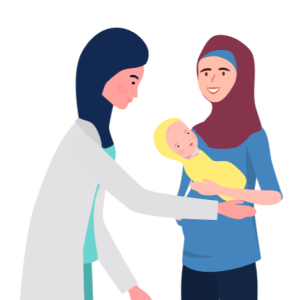
Wednesday Jan 03, 2024
A Magical Example of Adolescent Girls Leading
Wednesday Jan 03, 2024
Wednesday Jan 03, 2024
It's not easy or obvious to not only work with adolescent girls in crisis settings, but also to let them lead. But it is possible. AMAL currently operates in Syria, Nigeria, and Somalia, addressing the unique vulnerabilities of adolescent girls in crisis settings, such as early marriages and adolescent pregnancy. The program includes components like a Young Mother's Club, Community Dialogues, and a health provider curriculum to improve sexual and reproductive health service uptake and enhance participants' life skills. Our guest speaker, Pari Chowdhary, highlights the importance of relationship investments, continuous quality improvement mechanisms, and including adolescent girls in program design and evaluation. The final hope is for the program to be owned and run locally by the adolescent mothers themselves.

